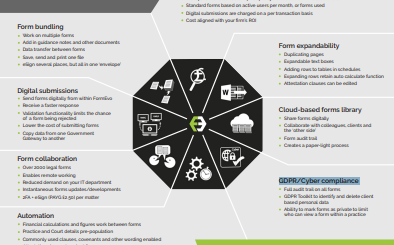Google Search: All Change!

 Google is preparing major changes to search.
Google is preparing major changes to search.
The search engine giant is getting ready for the future by creating a new index for mobile devices. This index will become the “primary” index for search. In simple terms, this means that searches performed on mobile devices will yield the most up to date results.
So how does Google work?
Google crawls the web and keeps track of the millions of websites and the links they contain. It then categorises and indexes them based on hundreds of different criteria. The resulting index goes through a series of algorithms and allows the search engine to deliver relevant results when you make a query.
At present Google uses only one index for all its searches. However, the new proposals will see the introduction of a mobile only index that will act as the primary search index. It remains unclear how this will work or what the impact will be but it definitely means mobile users will receive different search results to desktop users.
The rationale behind the change is simple: mobile now accounts for the majority of searches.
What does this mean for your business?
The new update means Google will determine the rankings of pages based upon their mobile content. With many law firms still lacking websites that have mobile functionality, the outcome is obvious: if your website is not mobile friendly, it will not appear near the top of the rankings.
Your website is your directory entry, your corporate brochure, your client contact mechanism and your news forum. It is a major source of new business – so you should think about preparing for the changes now.
How can you prepare for the changes?
This is what Google has to say:
- If you have a responsive site or a dynamic serving site where the primary content and markup is equivalent across mobile and desktop, you shouldn’t have to change anything.
- If you have a site configuration where the primary content and markup is different across mobile and desktop, you should consider making some changes to your site.
- Make sure to serve structured markup for both the desktop and mobile version.
- Sites can verify the equivalence of their structured markup across desktop and mobile by typing the URLs of both versions into the Structured Data Testing Tool and comparing the output.
- When adding structured data to a mobile site, avoid adding large amounts of markup that isn’t relevant to the specific information content of each document.
- Use the robots.txt testing tool to verify that your mobile version is accessible to Googlebot.
- Sites do not have to make changes to their canonical links; we’ll continue to use these links as guides to serve the appropriate results to a user searching on desktop or mobile.
- If you are a site owner who has only verified their desktop site in Search Console, please add and verify your mobile version.
- If you only have a desktop site, we’ll continue to index your desktop site just fine, even if we’re using a mobile user agent to view your site.
- If you are building a mobile version of your site, keep in mind that a functional desktop-oriented site can be better than a broken or incomplete mobile version of the site. It’s better for you to build up your mobile site and launch it when ready.
And if all this makes little or no sense to you, seek help from a professional web design and SEO company.








Recent Comments